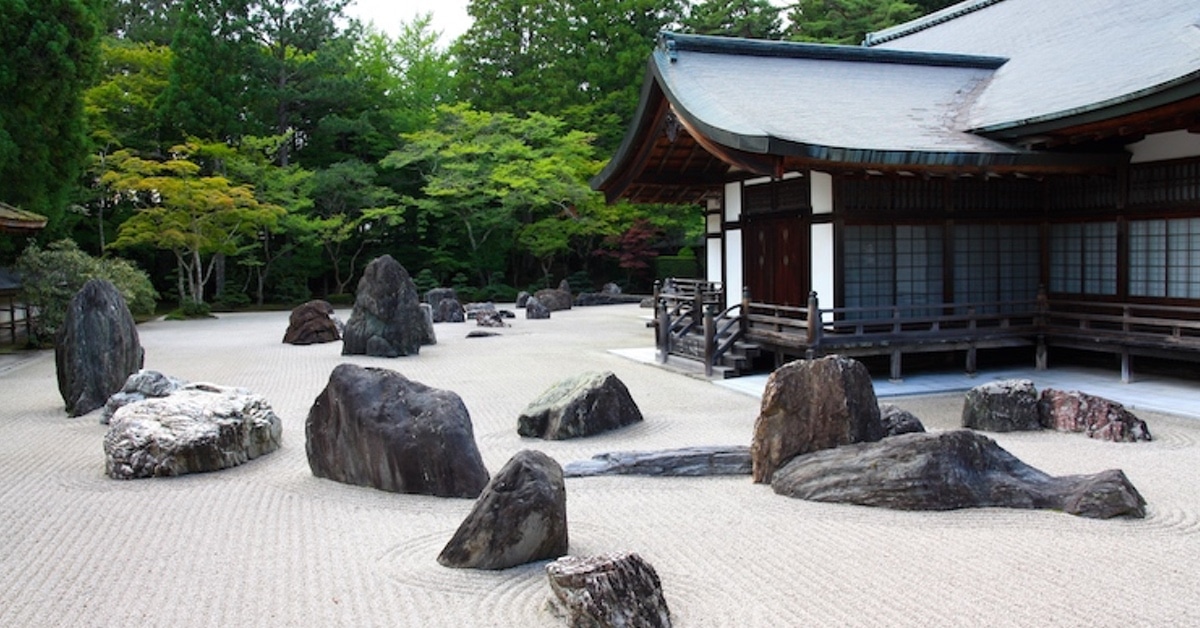
OMZ Precepts
Open Mind Zen Jukai and Tokudo Precepts
Jukai, Lay Precepts
Jukai means “to receive the precepts” – it is an initiation into the Zen Buddhist Community. In Jukai, you receive the rakusu, which represents the robe of the Buddha, the Blood Lineage Chart, connecting you to the lineage of masters who practiced in the past, and a dharma name, representing qualities of your practice and being.
The 3 Refuges
- May I be one with the Buddha, the Awakened Unborn Mind.
- May I be one with the Dharma, the teaching of how to awaken.
- May I be one with the Sangha, those who practice awakening together.
The 3 Pure Precepts
- May I practice not knowing, thereby giving up fixed ideas about myself and the universe. This is ceasing from evil.
- May I cultivate a life of compassion and wisdom. This is doing good.
- May I heal myself and then heal others. This is true helping.
The 10 Grave Precepts
- May I realize that I am not separate from all that is. This is the precept of non-killing.
- May I be satisfied with what I have and not take what is not freely given. This is the precept of non-stealing.
- May I enter all relationships with respect and dignity. This is the precept of chaste conduct.
- May I listen and speak from the heart. This is the precept of non-lying.
- May I cultivate a mind that sees clearly. This is the precept of not being ignorant.
- May I unconditionally accept what each person has to offer. This is the precept of not talking about others’ errors and faults.
- May I not be prideful and blame others for my faults. This is the precept of not elevating oneself and blaming others.
- May I not withhold spiritual or material aid. This is the precept of not being stingy.
- May I transform suffering into wisdom. This is the precept of not being angry.
- May I honor my life as an instrument of the Buddha, Dharma, and Sangha. This is the precept of not thinking ill of the 3 Treasures.
Tokudo, Lay Monk Precepts
Lay Monk Precepts are an ordination ceremony equivalent to Tokudo (becoming a monk), but the student remains fully committed to live in the world rather than a monastery. A Lay Monk may have a job, relationships, and family, realizing these things are transitory as well as a prime vehicle for Zen practice.
The 4 Noble Truths
- I realize that life contains the seeds of suffering.
- I realize that suffering is caused by attachment.
- I realize that there is a way out of suffering.
- I realize that the way out of suffering is the eightfold path.
The Eight Fold Path
- Skillful View. May I see things as they really are.
- Skillful Intention. May I vow to commit my life to the cultivation of awakening.
- Skillful Speech. May I speak mindfully and with compassion.
- Skillful Action. May I use my body to foster enlightenment.
- Skillful Livelihood. May I earn a living in a way that causes the least harm and suffering.
- Skillful Effort. May I use my energy to serve self and others in the quest for enlightenment.
- Skillful Mindfulness. May I be aware of all karma I create to the greatest degree possible.
- Skillful Meditation. May I cultivate and deepen my practice of meditation.
The 4 Vows of The Open Mind Zen Path
- May I treat my relationships as a vehicle for Awakening the Mind of Enlightenment.
- May I treat my work as a vehicle for Awakening the Mind of Enlightenment.
- May I treat my recreation as a vehicle for Awakening the Mind of Enlightenment.
- May I treat my entire life as a vehicle for Awakening the Mind of Enlightenment.
